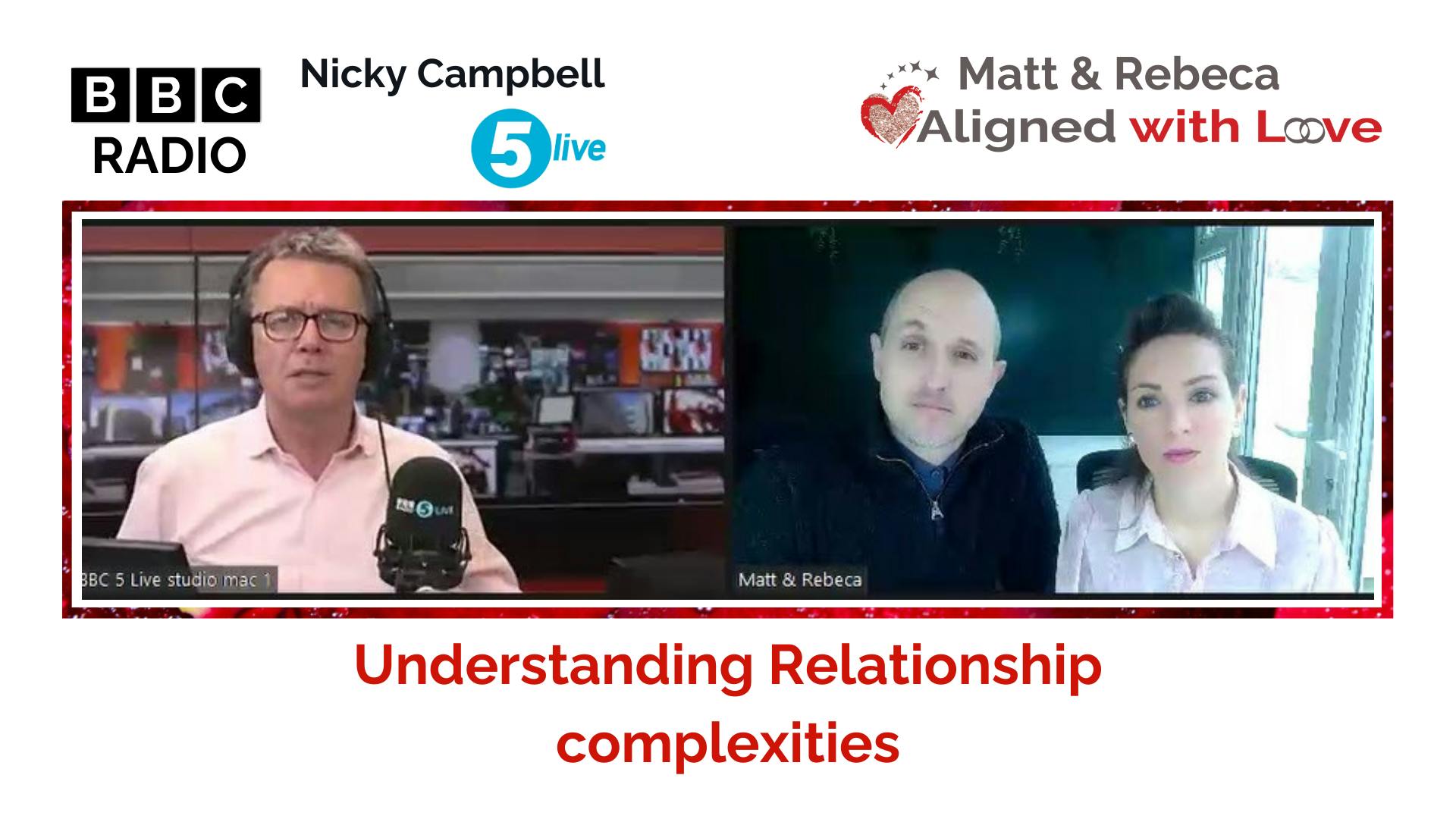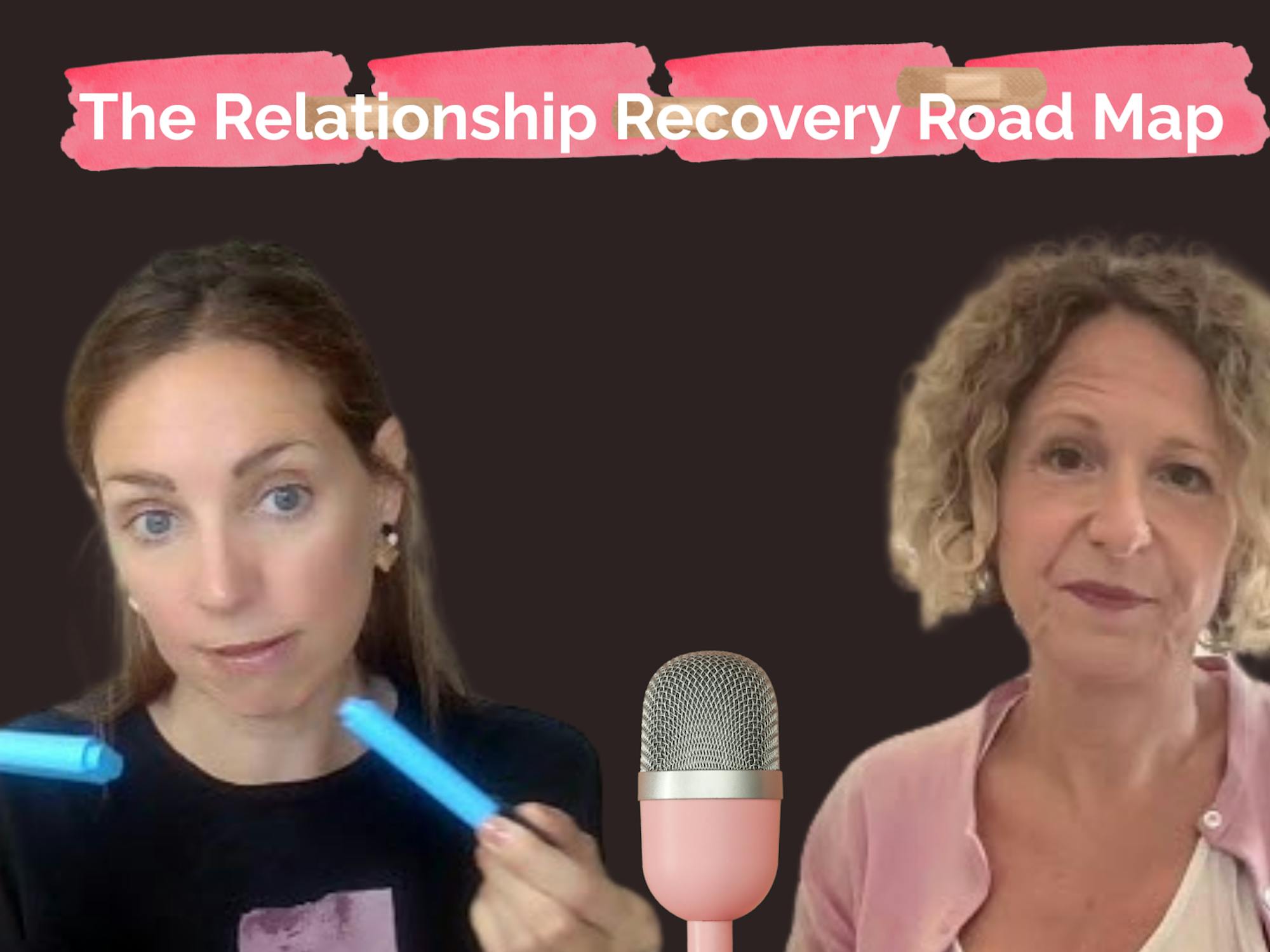Navigating the boundaries: open relationships and the question of infidelity
"We're ultimately mammals, aren't we?" - Says Matt - "We're following this programming in our genes where we only want one thing which is to have as many kids with as many different partners as possible." - "Totally" - Says Nicky Campbell. "So if we just get following these impulses…then it's true that we can get in a mess" - Says Matt...

In the landscape of modern relationships, traditional norms are continually challenged and redefined. One of the most notable shifts in recent years has been the growing acceptance and exploration of open relationships. These arrangements, characterized by consensual non-monogamy, involve partners agreeing to engage romantically or sexually with others while maintaining a primary connection. However, within the realm of open relationships, the question of infidelity often arises, prompting a nuanced exploration of trust, boundaries, and communication.
Infidelity, traditionally defined as a breach of trust by engaging in romantic or sexual activity outside of a committed partnership, takes on a different complexion in the context of open relationships. While the parameters of monogamy dictate exclusivity, open relationships operate within a framework of negotiated agreements. Consequently, what constitutes infidelity in these dynamics is subject to the terms established by the individuals involved.
Establishing boundaries, expectations and rules
Central to the success of open relationships is clear and ongoing communication. Partners must engage in open dialogue to establish boundaries, expectations, and rules that govern their arrangement. This transparency is vital for cultivating trust and ensuring that both parties feel respected and valued within the relationship. However, navigating these conversations can be complex, requiring vulnerability and self-awareness to articulate desires, concerns, and boundaries honestly.
Despite the consensual nature of open relationships, the specter of infidelity may still loom large. Feelings of jealousy, insecurity, or betrayal can emerge if boundaries are breached or if one partner feels neglected or marginalized. Addressing these emotions requires empathy, compassion, and a commitment to understanding each other's perspectives. It may also necessitate renegotiating boundaries or seeking outside support, such as therapy or relationship counseling, to navigate challenging emotions constructively.
How shame and guilt governs infidelity
Furthermore, the societal stigma surrounding non-traditional relationship structures can exacerbate feelings of shame or guilt associated with perceived infidelity. Open relationship practitioners may grapple with internalized beliefs about fidelity and commitment, confronting societal norms that privilege monogamy as the gold standard of romantic partnerships. Overcoming these challenges requires introspection and a willingness to challenge ingrained assumptions about love, intimacy, and partnership.
Ultimately, the success of open relationships hinges on mutual respect, honesty, and a commitment to upholding agreed-upon boundaries. While infidelity may manifest differently within these dynamics, the underlying principles of trust and communication remain paramount. By fostering a culture of openness and understanding, individuals in open relationships can navigate the complexities of intimacy and desire with integrity and compassion.



